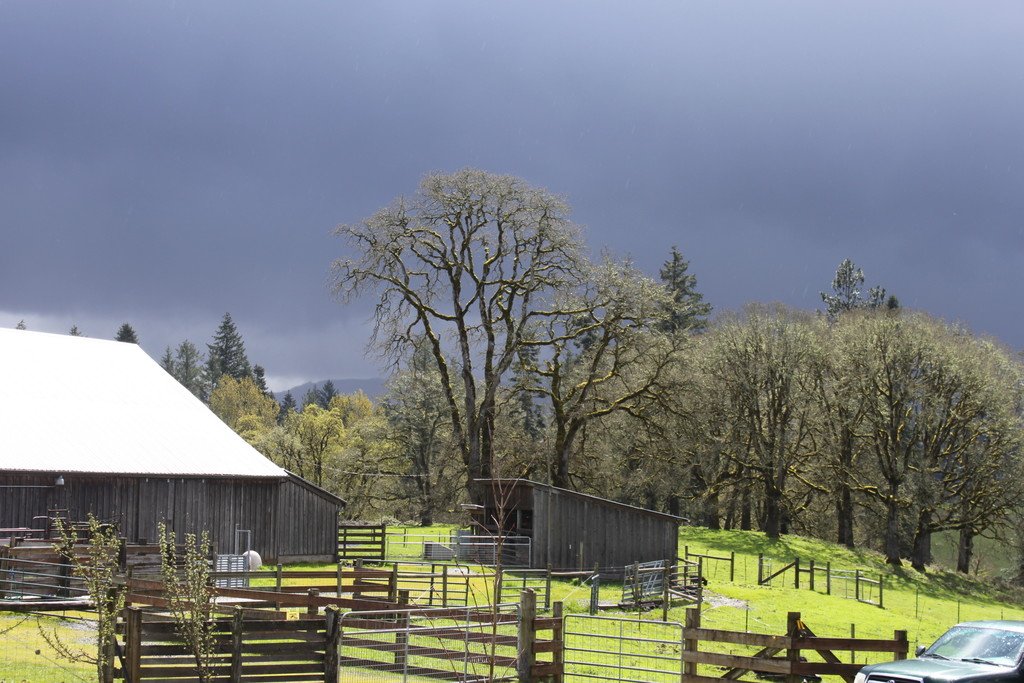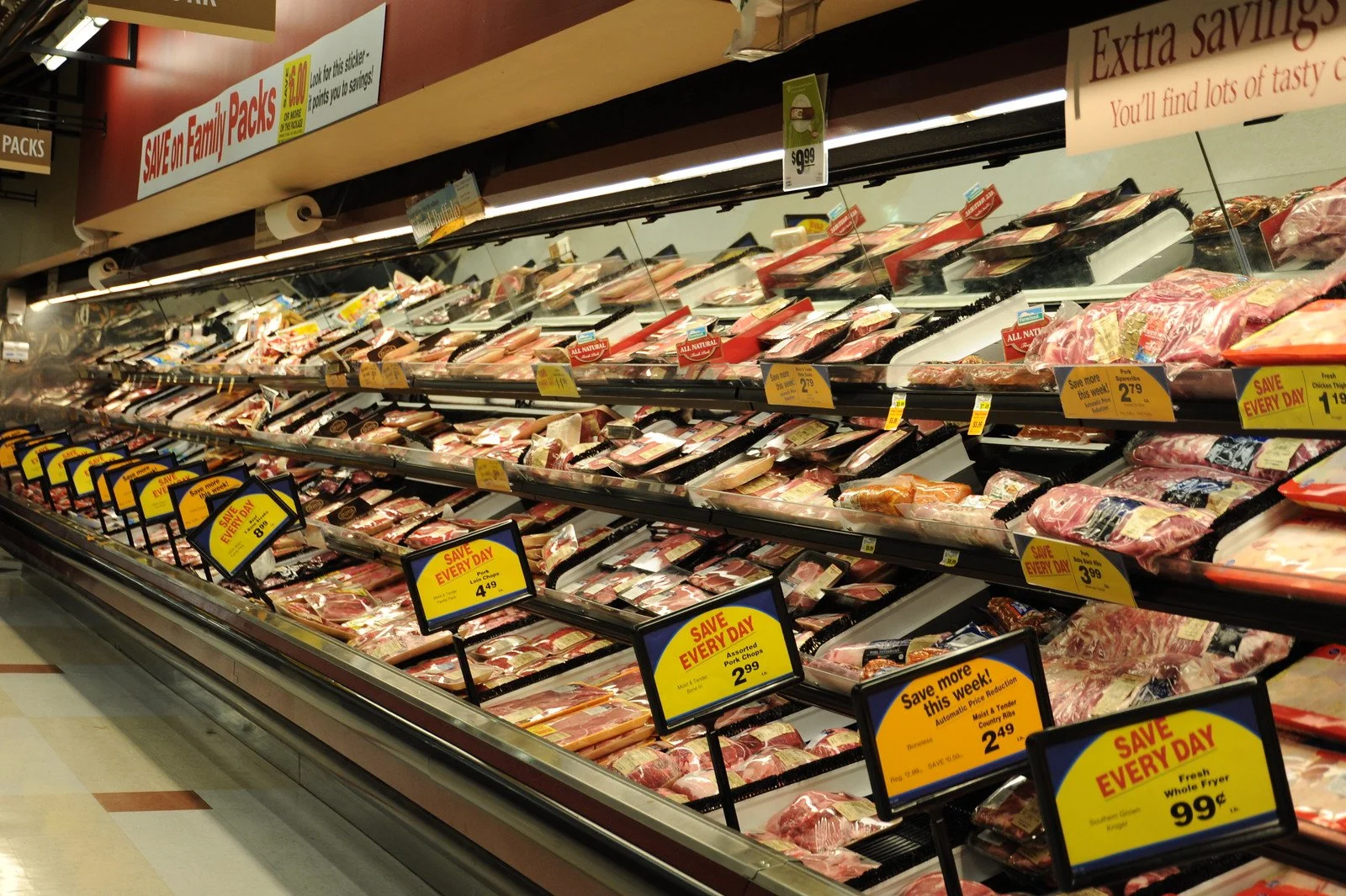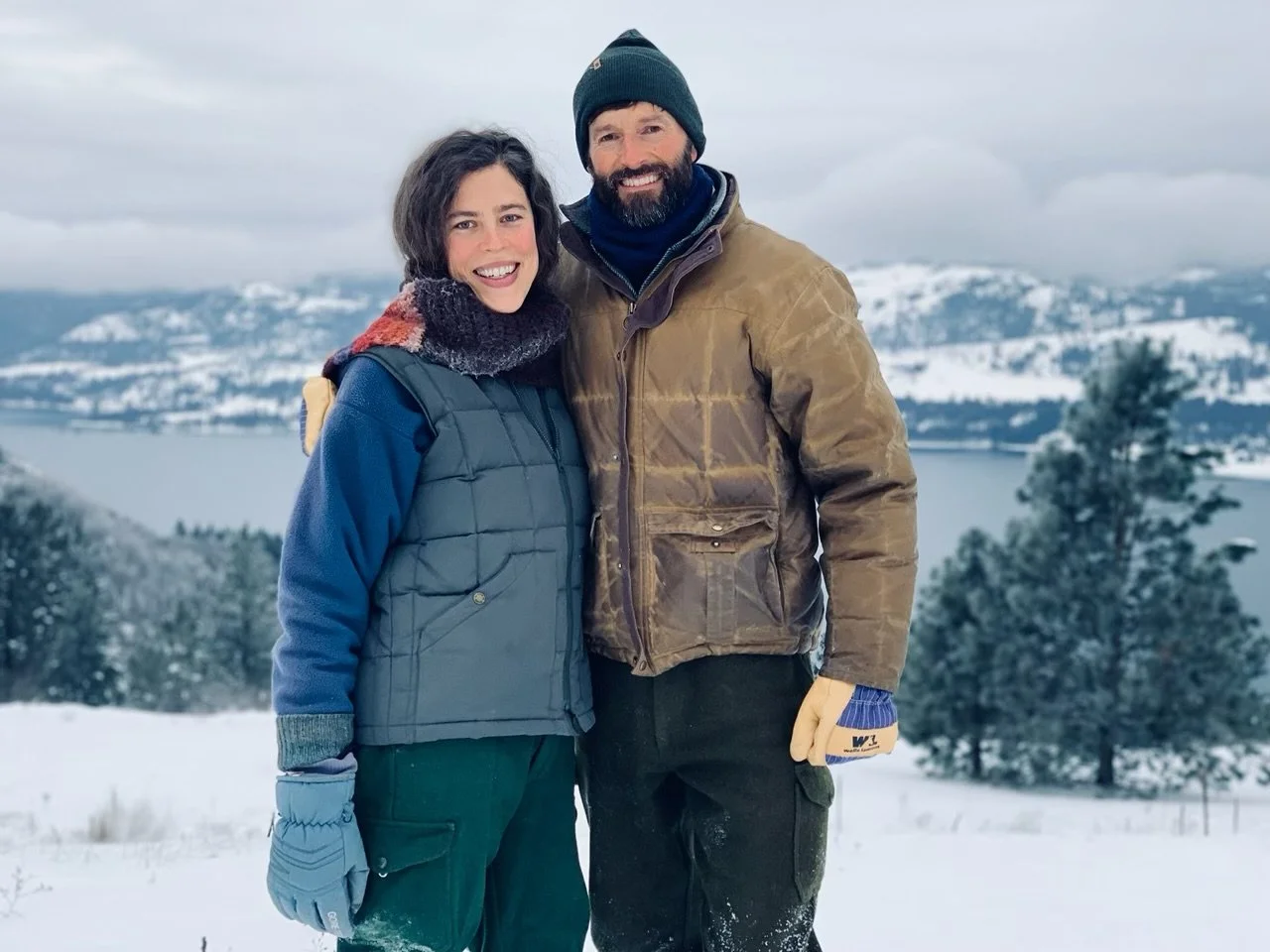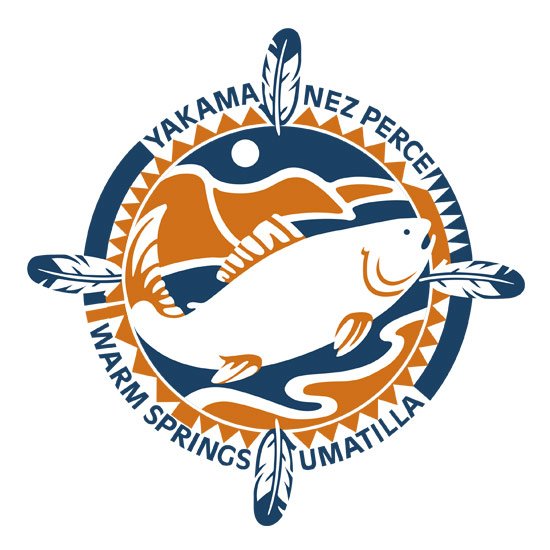Close The Gap: Considerations on what we eat, how we eat, our health, and the health of our planet | Environmentalism
By Oci White, ‘22
The question of whether or not to cut meat out of my diet has weighed on me for a few years. The fact that a plant based diet could lower my risk for cardiac events, and veganism decreases the amount of methane and carbon dioxide generated by cattle grazing, is certainly enticing.
According to Dean Ornish M.D., the pioneer of the field of lifestyle medicine, eating a whole foods, plant-based diet, has proven to not only prevent chronic diseases, but can actually reverse chronic conditions like heart disease, diabetes, and early dementia, to name a few maladies that can afflict us. Like many people, I am plagued by the internal debate that eating meat appears to be both bad for me and the planet.
Humans are omnivores, however, and I cannot help but wonder if there is a proper way to include meat in my diet that pays homage to my genetic predisposition, while supporting the planet and my health.
Stuck at a moral crossroad, I started by turning to a teenager's best friend, the internet. As a city-dwelling grocery store shopper, I wanted to understand how we produce the food we eat, and what environmental impacts that has.
It did not take me long to find a plethora of information discussing the dire impact of factory farming. According to the Humane League, a non-profit which fights animal abuse, factory farming is the primary way that animal and agricultural food products are brought to the market in the United States. They are large industrialized farms that take up massive swaths of land with a single purpose; either raising animals for meat consumption, and/or mass production of crops.
There are reports of horrendous mistreatment of animals such as debeaking chickens, confinement, and genetic manipulation. Factory farming also contributes heavily to pollution, habitat destruction, and land degradation.
According to the US Environmental Protection Agency, agriculture accounted for 11% of the 2020 US greenhouse gas emissions, and livestock represented over a quarter of this.
It feels to me that factory farming is an abuse of animals and the environment to maximize profits. It represents the antithesis of a spiritual connection to the way in which we grow and consume food.
Inside a factory farm. Source: https://farmsnotfactories.org/
We have accepted the comfort of having our mass-produced product conveniently packaged and handed to us at the checkout line in the grocery store. Recognizing this makes me question whether the solution to a healthier planet and a healthier self lies not only in consuming less red and processed meat (and processed food in general), but in changing the way we grow and consume food.
Is there a deeper kind of health linked to the sacredness of our food?
To answer this question, I spoke with two organizations that embody the philosophy of reconnecting our lifestyle and eating habits with the Earth. Each organization seeks a bond between the human and nonhuman world through their sustainable practices.
I don’t consider myself a religious or spiritual person in a traditional sense. And the purpose of this article is not to persuade you to to start praying to your steak and potatoes. However, I believe for us to lessen the noxious impacts of mass food production, we must adopt a different perspective on where our food comes from.
Moonlight Farm in Sweet Home, Ore. Source: https://www.localharvest.org
I first spoke with Brian Moon, who runs a farm, practically single-handedly, in Sweet Home, Ore. MoonLight farm, LLC, presently raises grass-fed sheep, guinea hogs, cattle, chickens, and goats from which they sell lamb, pork, beef, and goat’s milk.
“The goal is to leave the land better off than when we started,” says Moon, when asked to describe his work. He works towards this in many ways, emphasizing the comfort of his animals and the preservation of the land. These practices have led to MoonLight farm receiving certification from A Greener World, a nonprofit that supports and boosts transparent food production.
“When you farm like I do, it’s an everyday operation,” Moon states, explaining why he has to be environmentally aware in his line of work: “if you are raising livestock, you have to be conscious of the pasture.”
He does this by choosing specific types of livestock that are more efficient and gentler on the pasture, rotational grazing and intentional practices that regenerate rather than deplete the 64 acres of pasture on which the farm is located. Additionally, Moon only pays $30 a month for electricity, as his solar panels cover the majority of the farm's needs.
An Oregon native, Moon didn’t begin his farming career until October 2019. “I was in law enforcement for 26 and a half years, before that I was a cabinet maker.” After a mandatory retirement at 57, he recalls feeling bored, using the farm as a new chapter. “It was something to do, something new to learn, my own business.”
Meat department at a Fred Meyer. Source: www.flickr.com
“I won't buy meat from a grocery store, I don’t trust what’s there.” Moon remarked. He described the uncertainties of factory farming, with prominence on the fact that the treatment of factory farmed animals leads to a higher need for antibiotics, meaning we have no idea what we are actually eating. “It’s not healthy for us, it’s not healthy for the environment.”
Though he clarified that, like most of the world, he wasn’t always aware of these dangers. As a young adult he, like most of us, looked for the “cheapest deal.” Many believe that “If the grocery store sells it, it must be good,” he said, noting this misconception that plagues Americans.
I continued my investigation by also considering encountering the animals we eat in the wild. Sarah Long, a Catlin Gabel alum, was a vegetarian for 12 years, “committed to not killing any living being as part of [her] spiritual path.” After graduating with a Midwifery degree from Yale University, she was working in a rural town in Northern Washington when she met a young man named Bruce McGlen. Bruce had grown up in the Pacific Northwest hunting and eating wild game all of his life.
“Hunting and fishing have been my longest standing practices.” Said Bruce, who describes himself as a “a third-generation hunter/gatherer of the Northwest” on their website, Human Nature Hunting. After graduating with an undergraduate degree in civil engineering from the University of Washington, he went on to get an MBA in sustainable business.
“Being in the professional technical field...we have a lot of skills, we’ve created a lot of things, but if we continue to lose touch with nature and our connection to it then I don’t think any amount of technology can bring that back,” Bruce explains. It was this understanding that inspired him to help people “reconnect with nature and our food,” by founding the organization Human Nature Hunting. This philosophy inspired Sarah to begin “exploring how it might feel to connect with the web of life (and death) through hunting.”
Sarah Long and and Bruce McGlen of Human Nature Hunting. Source: www.humannaturehunting.com
Today, Bruce and Sarah and a team of instructors, offer courses in hunting, gathering, subsistence and survival skills, based out of Kettle Falls, Washington.
“We are certainly training people to become new hunters but that's not really the main goal, the main goal is to give them the tools and the confidence to ... experience the hunt regardless of whether they get anything right, it's more of a way of life.” Human Nature Hunting courses aim to interact and reawaken our ancestral connection with Nature, inspiring a greater appreciation for their surrounding ecosystem. Bruce explains: “the more I hunt, the more I get the feeling that I am part of the land and the land is part of me.”
After talking with Brian, Bruce, and Sarah, I return to the question; is it the act of eating certain foods that harms our planet and ourselves, or are we harmed by our loss of connection with the process that brings food to our mouths?
As Bruce noted, “Going to a vegetarian diet, a lot of the time doesn’t accomplish anything because you are just moving away from the factory farmed meat and moving towards the factory farmed --”
“Quinoa!” Sarah chimed in.
It’s overwhelming to consider the seemingly impossible task of avoiding all factory farmed foods. But having had these conversations, I have a greater appreciation for being aware of what I am eating, and how it comes to my plate.
I am certainly inspired to be conscious of where the food that comes into my home was sourced. Though who knows, maybe I will find myself on a farm, or hunting wild game in a few years.
I believe there is a spiritual essence to the way these organizations exist that benefits not only personal health, but the health of the planet. However, I must acknowledge that this spirituality is not a not a new concept.
Though I was not able to interview them, I researched a third perspective on the sacredness of food from the Columbia River Intertribal Fish Commission (CRIFC).
Columbia River Intertribal Fish Commission insignia
“Salmon play an integral part of tribal religion, culture, and physical sustenance,” to the four tribes along the Columbia Plateau that have joined to create the CRIFC, according to their website. Though they believe in the sanctity of all food, “salmon are one of the traditional “First Foods” that are honored at tribal ceremonies. The other First Foods are wild game, roots, berries, and pure water.”
“If there was no water, there would be no salmon, there would be no cycle, no food. Without salmon returning to our rivers and streams, we would cease to be Indian people,” the CRIFC website explains. This concept, that everything is connected, particularly stood out to me. As we decide where to source our food, and what impact that might have on our planet, we must consider that without the animals and the land, we will cease to exist.
I urge you to take inspiration from these organizations, as I have. Whether it is through hunting, farming, or a spiritual cultural tradition, it is our responsibility to close the gap between ourselves and our food.
If you would like more information about Moonlight Farm LLC: https://friendsoffamilyfarmers.org/opn/moonlight-farm-llc-sweet-home-or/
If you would like more information about Human Nature Hunting:
https://www.humannaturehunting.com/
If you would like more information about the Columbia River Intertribal Fish Commission:





